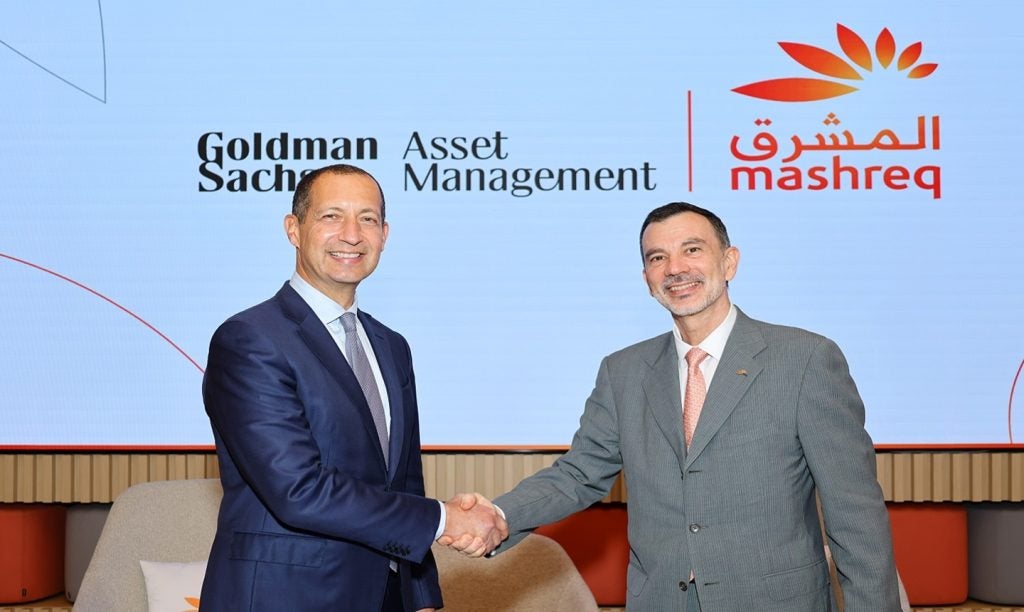A survey has found that just 14 percent of UK millennial investors who cite an interest in sustainable investing actually invest in the area.
The research by OppenheimerFunds follows a similar finding by UBS that reported UK investors were lagging in sustainable investments globally. Just 20 percent of UK HNWIs have one percent of their wealth devoted sustainable investments, UBS found.
OppenheimerFunds surveyed over 900 UK HNW investors and advisers. The study also revealed a misalignment between HNW investors’ expectations from their advisers and what advisers think their clients want.
Advisers in the UK need to engage more effectively with the families of their HNW clients across generations, in order to remove the disconnect in the adviser/client relationship, according to the research.
UK Millennials seek investment returns
HNW millennial investors cited good investment performance as the most significant aspect of their relationship with advisers, though advisers believe a clear understanding of financial goals is sought by millennial investors from their advisers.
The study also found a gap in HNW advisers’ dealing with their primary clients and the clients’ children. Even though 88% of advisers were found teaching investment concepts to their primary clients, only 54% of advisers were found offering investment teachings to their clients’ children.
At the same time, only 26% of millennial, 23% of Gen X and 21% of baby boomer advisers were found offering financial education training to their clients.
Millennial advisers were found to offer less solutions customised to different generations and also ranked last in offering inheritance advice compared to their peers.
OppenheimerFunds head of distribution and marketing John McDonough said: “The report makes clear the risks of home market bias and lack of asset class diversification, as investors who overwhelmingly choose domestic equities could miss out on the benefits of an increasingly global economy and innovations driving growth throughout the developed and developing world.”







